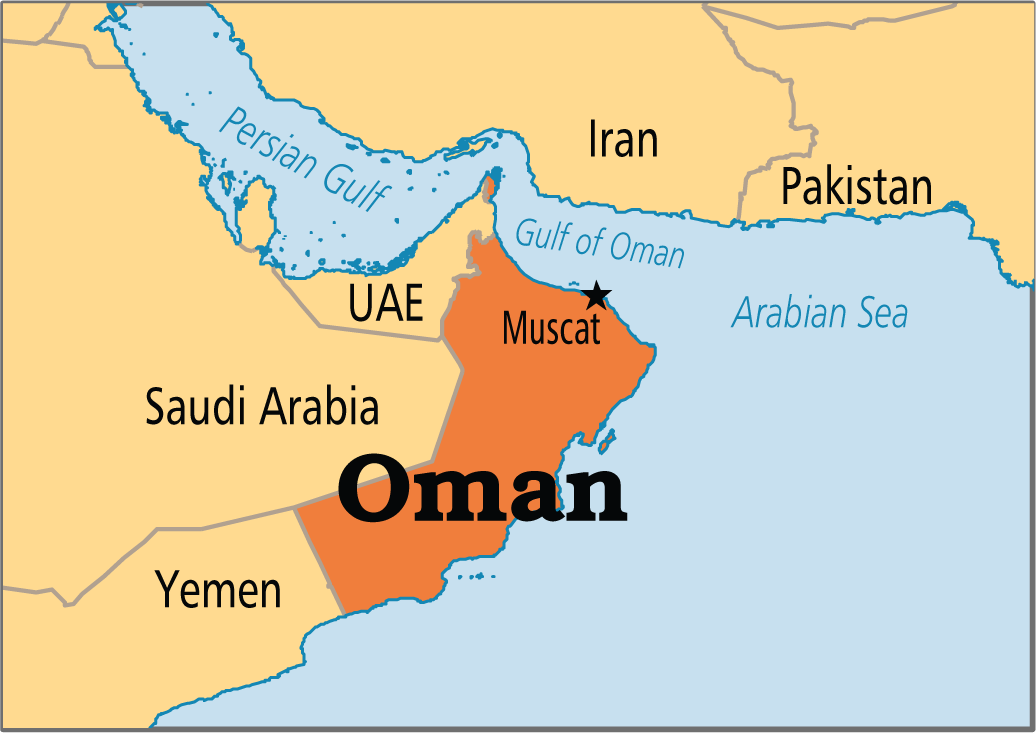
A SoundGirls Guide to the Middle East
In recent years a number of new performance venues have opened across the Middle East. This is paving the way for productions across the world to bring their performances to new audiences. Some of the top venues in the region include iconic Dubai Opera, the New York University Abu Dhabi Arts Centre, the Sheikh Jaber Al Ahmad Cultural Centre in Kuwait, the King Abdulaziz Centre for World Culture in Saudi Arabia, and of course our Royal Opera House in Muscat, Oman.
Each venue attracts a variety of different productions, including a rich mixture of Western ballet, opera, and concerts, and more traditional and modern Arabic music. Interestingly, staff are also often an eclectic mixture of talent from around the world.
With this rapid expansion, production companies are starting to include these venues more and more on international touring circuits. Recently, discussions on the SoundGirls social media platforms have included members asking for advice on their upcoming tour dates. My advice is as follows!
Passports and visas
Most countries in the GCC will require at least six months on your passport when you enter the country. You are also likely to need a visa. This might be a work visa or a tourist visa for short term work. Depending on the country this will be organised when arrive. You may need to hand your documents over to a PRO (Public Relations Officer) for a few days. This is totally normal here as the process can be rather complicated.
Dress code
Contrary to popular belief in the West this does not just apply to women. Think modest! Shorts and vest tops are not acceptable work dress for anyone (male or female). Long sleeve t-shirts (not tight or low cut) are comfy, but a shirt is more appropriate for most situations. Smart jeans (not skinny fit) are OK, but a smart pair of chinos is better. Aircon is normally at a steady 21 degrees Celsius so if you indoors bring a cardi! Venues will advise you on any particular rules.
If you are working outside, the heat can be rather overwhelming. It sounds like common sense, but you will need lots of changes of clothes- including socks. A hat, sunglasses, sunscreen, and copious amounts of water and all essential. Excellent rehydration drinks are available in supermarkets and chemists. It’s worth having a few sachets in your tool case.
Remember that during Ramadan drinking and eating in public is prohibited. There is often a room put aside for those not fasting so again… please do not panic! Be respectful to those around you who are fasting and try not to announce what you’ve got for lunch!
Culture
Respect is the keyword here. A friendly face speaks a thousand words when language barriers get in the way. It is useful to learn a few phrases to greet your hosts. ‘As-Salamu Alaykum’ means ‘peace be upon you and is used to say hello. This always gets things off to a good start. Even if you can’t speak any other Arabic, this will be greatly appreciated.
Raising your voice is not taken well in any circumstance, even if you are feeling extremely put out. Stay calm and if you keep talking you will often find a way to compromise.
Many of the discussions on SoundGirls platforms talk about safety for women. Generally speaking, the region is very safe. Obviously, take normal precautions as you would at home. Women may get ‘starred at’ whilst doing physical work. This is because it is unusual to see women in these roles. Do not take offence. Understanding different cultures is a two-way learning curve. Men may try and take heavy cases away from women. Firmly, politely and confidently say that you are fine. Don’t let go and SMILE! After a few attempts, the person will give up and leave you to it.
Food and drink
Fast food is extremely popular here. You will find most of the chains that you would at home. Of course, it is always fun to try the local delicacies. Try a Shwarma or Shuwa for a local-style lunch. Lemon and mint juice is also an absolute must-try! Increasingly more outlets are catering for vegetarian and gluten-free options.
Alcohol (in countries that are not totally dry) is available in some hotels or bars. It is more complicated to buy off the shelf unless you have a licence so if you are only passing through it is much easier to buy duty-free at the airport.
I hope that this clears up some of the misconceptions that make the rounds on social media. Sometimes it is better to take the risk and see for yourself. There are some incredible places to visit in the Middle East, and if someone is paying you for the privilege, it is an opportunity not to be missed.

